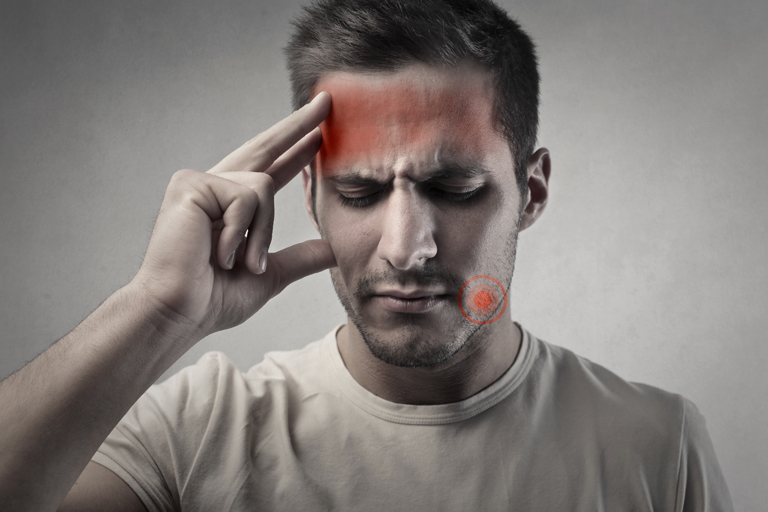
- Home
- About
- Our Team
- Services
- Postoperative Care
- Smile Gallery
- Medical Tourism
- Blog
- Offers
- Contact Us
- Home
- About
- Our Team
- Services
- Postoperative Care
- Smile Gallery
- Medical Tourism
- Blog
- Offers
- Contact Us

When do we visit a dentist? Is it always an aching tooth that lands us in the dental clinic or there are other conditions too that a dentist can treat? Read further to know!
Whether it is a severely aching tooth, bleeding gums, or disorders of jaw bone to name a few, your dentist manages each of these. A major percentage of people are still not aware of the vast range of conditions that the dentist can manage.
Do you know that your dentist can manage sleep disorders and diseases of your jaw as well? Or can they help prevent migraine?
Let us know how!
Migraine is characterized by pain in the head but its causative factors can be different. The oral cavity or mouth as well as your jaw needs to be examined thoroughly by the dentist to rule out the principal cause of migraine. So, this is the first step in the management of migraine.
Most of the time, migraine is caused due to an issue in the temporomandibular joint, a hinge joint between the temporal bone and jaw bone and maintains a connection between the upper and lower jaw. Any abnormalities in this region can result in severe migraine. The pain and discomfort in this area can affect mastication or chewing of food, speech, yawning, and laughing. Therefore, a dental practitioner will be the best for managing such anomalies.
This is the therapy for temporomandibular joint disorders. The problem in the joint can be due to trauma or due to excessive teeth grinding. In case of trauma, a radiograph or x-ray of the jaw will guide the treatment of the fractured joint. If the problem in the joint is due to excessive teeth grinding then a mouth guard, or a dental appliance is fabricated for the patient. The purpose of the mouth guard is to minimize the contact between the teeth of the upper and lower jaw and thus prevent the grinding of teeth. This will help release the stress on the jaw due to grinding and therefore will reduce migraine.
Toothache comes under one of the most severe categories of pain. Mostly the patient is not able to localize the pain and can feel it in all teeth as well as the jaw. The pain can be felt as transferred pain in the head region. Therefore, migraine can be precipitated due to disease or infection of teeth.
So as you visit your dental practitioner, they will treat the affected teeth with the treatment which is best suited for you. It can be a restorative treatment, extraction or root canal treatment.
Once your infected tooth is treated and is completely disease free, the migraine will fade away itself. So, this is how dental treatment will take away your migraine and at the same time will prevent its future occurrences.

Some gentle muscle exercises help in reducing the stress on the jaw muscles. Further these help in the prevention of headaches due to tensed muscles.
Lifestyle changes can help manage migraines to a large extent and your dentist will guide you to the best for these changes. Try to follow the below mentioned preventive steps:
